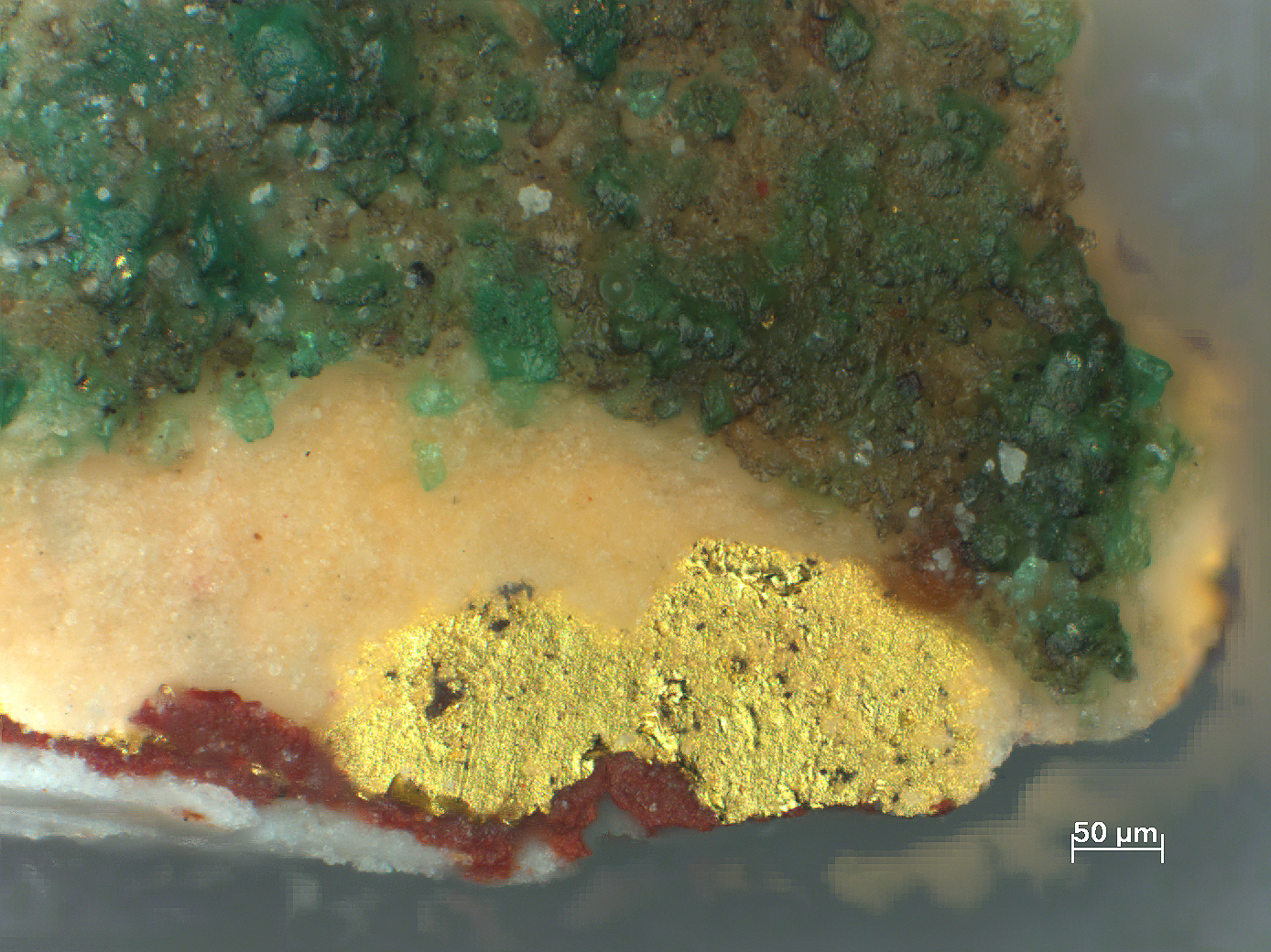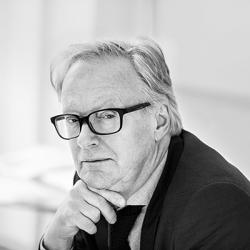Mobility
Mobility
Mobility: Objects, Materials, Concepts, Actors
Buenos Aires, September 30 — October 8, 2017
Transregional Academy on Latin American Art II
CONCEPT NOTE
The Academy aims at a reflection on concepts and characteristics of mobility in and beyond Latin American art from a transnational and transregional perspective. From this point of view, research focusing on Latin American art will be put into dialogue with ongoing debates on regions like Africa, the wider Americas, Asia, Europe, regions of the Atlantic and the Pacific, the Caribbean, Indian Ocean in their connections, and within the horizon of global art histories. This means that we have to ask indeed, if there is a common epistemological base for the construction of such a global discourse, interrogating the concepts “transcultural” and “transregional” themselves.
The Academy studies changes of location of objects, materials, concepts and actors. However, it does not propose doing this according to notions of impact and influence or centers and peripheries. Rather, it critically challenges linear concepts of interpretation and exclusively comparative approaches to cultural and artistic transfer and aims at the study of the complexity and multi-layered stratigraphies of phenomena and processes of circulation, connectivity and entanglements. In line with the debates on the concept of the “contact zone”, the Academy questions the ideological implications of hegemonial asymmetries and concentrates on fluid histories of Latin American art. The Academy does not understand mobility as simply defining phenomena of change of location but rather as a process itself, as a basic term for a dynamic art history that argues against dichotomic narratives and static models of interpretation.
A dynamic shift in art history towards “mobility” allows us to consider not only individual works of art, their production or reception, but also travelling or migrating concepts and people as well as materials, objects, and formal languages or “styles”. Precisely, the synopsis of all these levels permits new insights into the complex dynamics of locomotion and displacement in their constitutive role for artistic and aesthetic practices and concerns. Since the Transregional Academy takes place at the same time as the first Bienal Internacional de Arte Contemporáneo de América del Sur (BienalSur), visits and discussions with the artistic director are included in the program.
The Transregional Academy is organized by the Deutsches Forum für Kunstgeschichte Paris (DFK Paris, German Center for Art History) and the research program Arthistories and Aesthetic Practices, Berlin in collaboration with the Universidad Nacional de Tres de Febrero, UNTREF, Buenos Aires.
The Transregional Academy will be led by the following scholars: Thomas Kirchner (Deutsches Forum für Kunstgeschichte Paris), Lena Bader (Deutsches Forum für Kunstgeschichte Paris), Hannah Baader (Kunsthistorisches Institut in Florenz/ Max-Planck-Institut; Art Histories and Aesthetic Practices, Berlin), Gerhard Wolf (Kunsthistorisches Institut in Florenz/ Max-Planck-Institut; Art Histories and Aesthetic Practices, Berlin), Gabriela Siracusano (Universidad Nacional de Tres de Febrero, Buenos Aires), Diana Wechsler (Museo de la Universidad Nacional de Tres de Febrero, Buenos Aires), Thierry Dufrêne (Université Paris Ouest Nanterre La Defense), Anne Lafont (Institut national d’histoire de l’art, Paris), Peter Krieger (Universidad Nacional Autónoma de México), Jens Baumgarten (Universidade Federal de São Paulo).
Documents:
Further Information:
http://academies.hypotheses.org/
www.dfk-paris.org
www.arthistories.de
www.forum-transregionale-studien.de
www.maxweberstiftung.de
 Polychromy of Our Lady of Copacabana © Siracusano, Maier and Tomasini
Polychromy of Our Lady of Copacabana © Siracusano, Maier and Tomasini






